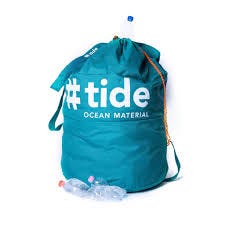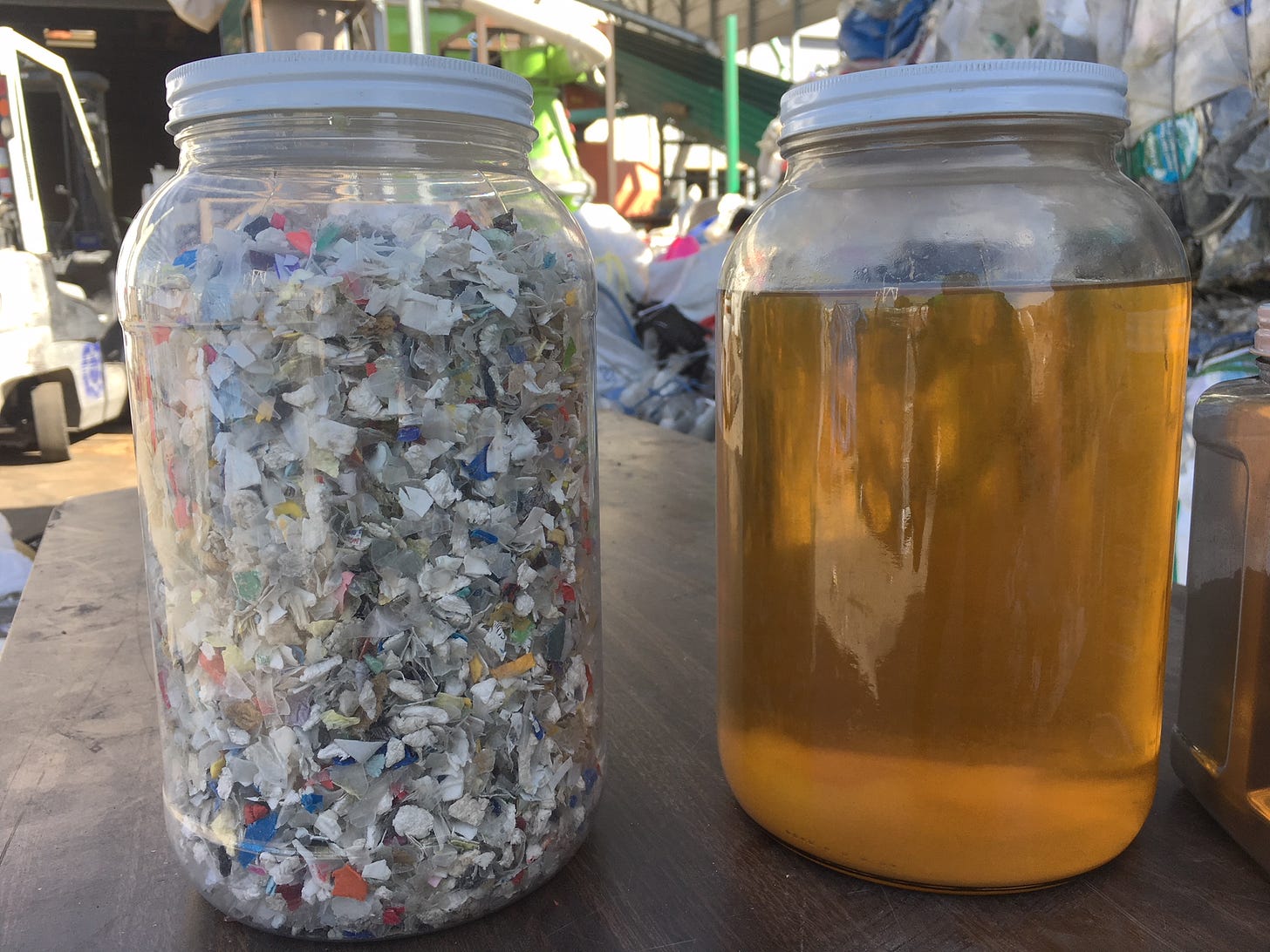The oceans have given up
These 3 startups are preventing the marine ecosystem from collapsing
👋 Hi there,
If this is your first time here, welcome!🙂 Every week, I cover 3 startups across the world that wouldn’t have been founded if the founders said ‘🤷🏽♂️ Not My Problem’.
If you haven’t subscribed yet, you may want to consider doing that. Every Friday, these posts will directly land in your inbox.📨
I would really appreciate it if you could share this newsletter in your network or on social media. For every share, I would be planting a tree.🌳
Plastic debris causes the deaths of more than a million seabirds every year, as well as more than 100,000 marine mammals- UNESCO

Ocean water covers 70% of the planet and up until now, we had assumed that oceans can absorb any amount of trash and chemicals that we dump into them. But guess what, we’ve filled our oceans with so much trash that the entire ocean ecosystem is on the verge of collapsing.
A vital part of this ecosystem, marine life, is in danger as well.
The herbicides and pesticides that flow into the oceans through our waterways (chemical pollution), the artificial lighting that disturbs the circadian rhythm of sea creatures (light pollution), the loud, persistent noise from ships and oil rigs(noise pollution) and the plastic that reaches our oceans through land and purposeful dumping(plastic pollution) have endangered the lives of thousands of species.
In this edition, I’ve focused on how 3 startups are reducing plastic pollution to prevent the marine ecosystem from collapsing⬇️
Our oceans are suffocating with plastic…Oceans are the last sink for the planet. If the current trend of plastic consumption continues, there would be more plastic than fish (by weight) in the ocean by 2050. A study shows that there are 5-50 trillion microplastics in the ocean, which have negative effects on marine life- reduced feeding, fertility, growth, and survival.
Providing value to plastic waste…Ocean plastic is difficult to recycle because of the damage caused to it due to UV rays, sand and saltwater. Thomas Schori, founder of the Braloba group, partnered with Prof. Daniel Schwendemann to create a mechanical upcycling process for ocean plastic. This innovation led to the foundation of #tide ocean material®, where single-use plastic collected from the ocean is turned into high-quality plastic granules. These granules are then used to manufacture products such as watches, furniture, automotive parts, and electronic devices.
Controlling the entire supply chain…Right from the fishing community collecting plastics from the islands to tying up with brands using their sustainable material, the Swiss startup manages the entire supply chain. Together with social enterprises in South East Asia, they collect ocean-bound plastic. On the 5 islands in the Andaman Sea, they have even trained the local fishing community to gather and sort plastic waste(creating an additional source of income for the community)
80% of all marine debris is plastic…Hundreds of marine species suffer from the impact of marine pollution through ingestion, suffocation and entanglement. Marine wildlife confuses plastic waste for prey and most die of starvation as their stomachs get filled with plastic debris. The main cause of marine plastic pollution is land-based plastic that reaches the seas and oceans due to inadequate waste management.
An eco-friendly plastic alternative…An average consumer typically uses a plastic bag for ~12 minutes. The same bag can take up to ~500-1000 years to decompose. Cambodia-based Cleanbodia is manufacturing biodegradable bags using Cassava, a root vegetable that is grown throughout SE Asia. These biodegradable bags can decompose within five years in water, soil, and buried garbage(vs hundred of years for the plastic ones)
Some technicalities…The biodegradable bags are manufactured by combining cassava starch with fossil fuel. After being disposed of, the starch degrades naturally within just a few months and produces bacteria which attacks the fossil polymer chain and drastically reduces degradation from hundreds of years to about 5 years. Cleanbodia also manufactures compostable bags that do not contain any fossil fuel and decompose in ~24 months.
The situation is grave…In 2010, a California grey whale had died after getting stranded on a West Seattle beach. During its autopsy, a pair of pants, a golf ball, duct tape, small towels and surgical gloves were found inside its stomach. Ocean plastic is one of the fastest-growing ecological problems of our time. 86% of all sea turtle species, 44% of all seabird species and 43% of all marine mammal species have been impacted by marine plastic pollution.
Converting plastic waste into fuel…Renewlogy’s system upcycles even the lowest quality plastic into diesel fuel or raw material for food-grade plastic. The system is capable of accepting dirty and mixed plastic feedstock. First, the plastic is shredded and then a catalyst breaks down the carbon chains. 15-20% of that is converted into a gas(used to heat the system), 5% to char and the remaining 75% is fuel. For every 10 tons of plastic it processes, the system produces about 60 barrels of fuel.
A more efficient system…One of its key innovations is the continuous system on plastics vs a batch processing one. This eliminates the need to reheat the system(high temperature is needed for conversion) every time a new batch is fed, which brings down the energy consumption. When compared to traditional methods for extracting and distilling diesel fuel, it has a 75% lower carbon footprint. Renewlogy has also licensed its technology to waste management companies in the U.S. and Canada.
🔍Two truths and a lie
Can you figure out which 2 statements are true? (Click on the links to find out more)
14 countries make up for 40% of the world’s coastlines and control 30% of the world’s oceans.
Indonesia generates the highest amount of plastic marine debris.
Marine plastic pollution has increased 10 fold since 1980.
😲 Eye Openers
Here are some great resources to bookmark for the weekend-
🔖 A 10-step plan to save our seas
📺 Watch how the world’s oceans are brimming with plastic waste
🙏 I would love to get some feedback. What do you think about this edition?
Or just reply to this email







